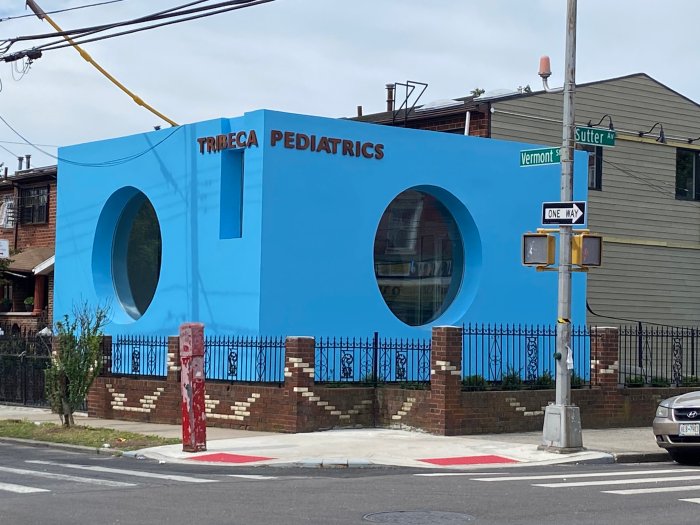CAMBA enthusiastically announces the launch of the Brooklyn Partnership to Drive Down Diabetes (BP3D), funded by the U.S. Department of Health and Human Services.
BP3D is a partnership between CAMBA, Greater Brooklyn Health Coalition (GBHC), Community Healthcare Network (CHN), and the NYC Health Department’s Brooklyn District Public Health Office (BKDPHO).
BP3D was chosen as one of only eight partnerships to receive an award from the Partnerships Active in Communities to Achieve Health Equity Program of HHS! The award really speaks to the capacity, reputation, experience, and effective collaboration of CAMBA, GBHC, CHN, and BKDPHO.
BP3D is a multi-faceted public health intervention that will target the twin health threats of obesity and diabetes in adults in Central Brooklyn and East New York.
Obesity is one of the most pressing public health challenges of our time, especially in our low-income communities of color. African Americans are two times more likely to develop diabetes than white Americans and much of this increased risk can be explained by much higher rates of obesity in this population.
According to NYCDOHMH, 34 percent of North and Central Brooklyn adults are obese. If current trends are allowed to continue, the Agency for Health Care Research and Quality predicts that by 2030, half of U.S. adults will be obese, as will 97 percent of black women and 91 percent of Mexican-American men.
One of the most serious negative outcomes associated with obesity is Type 2 or adult-onset diabetes. As with obesity, the increasing prevalence of diabetes in the United States (and especially among the aforementioned high-risk groups) has reached pandemic levels. The impact of diabetes on the physical and behavioral health of those diagnosed with it is enormous; it is widely recognized as one of the leading causes of death and disability in the United States.
Diabetes is associated with long-term complications that affect almost every part of the body. The disease often leads to blindness, heart and blood vessel disease, stroke, kidney failure, amputations, and nerve damage. Uncontrolled diabetes can complicate pregnancy, and birth defects are more common in babies born to women with diabetes.
BP3D is a community-based intervention that will simultaneously address individual-level factors associated with diabetes and obesity as well as population-level social determinants, such as access to healthy foods and a physical environment that encourages activity.























